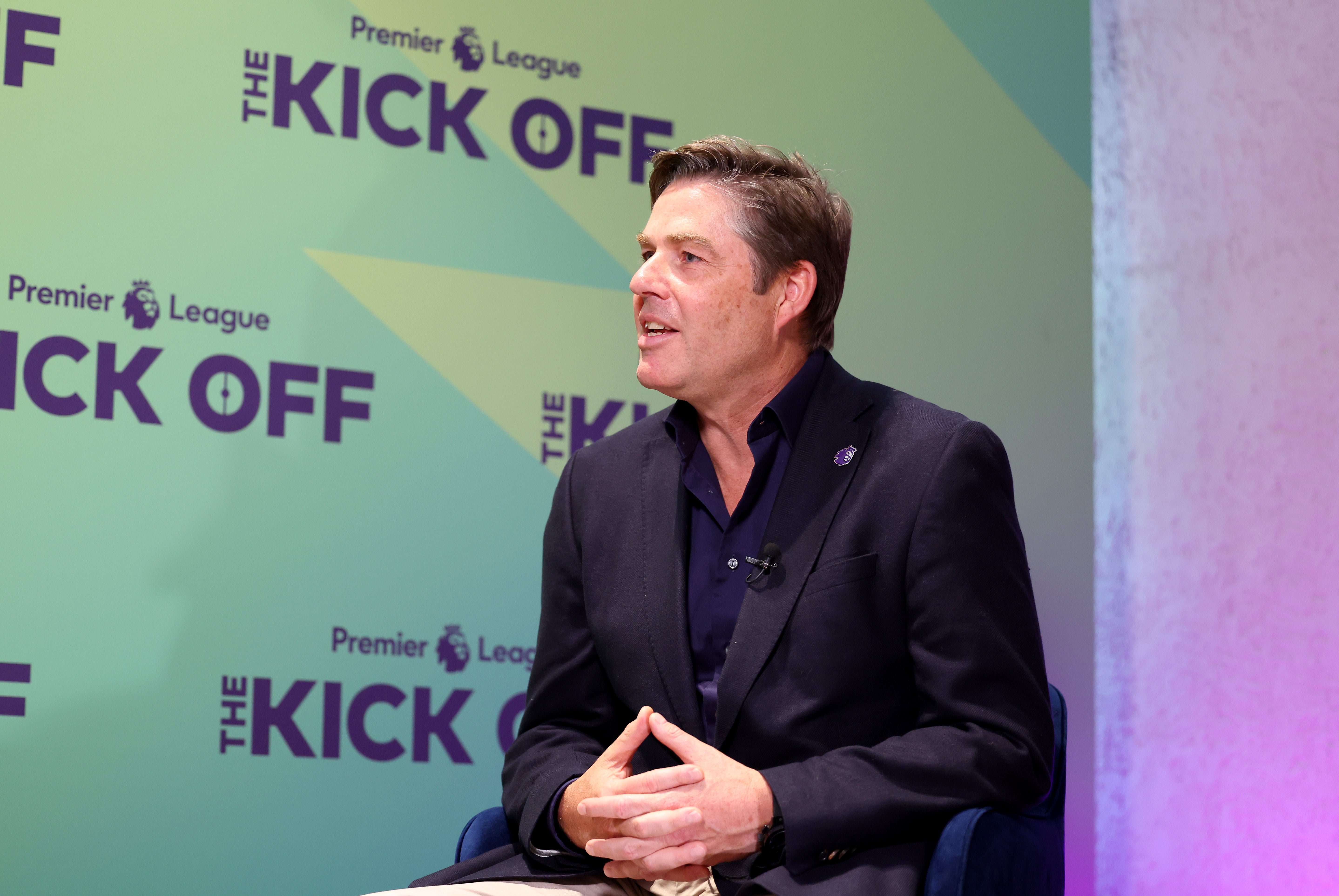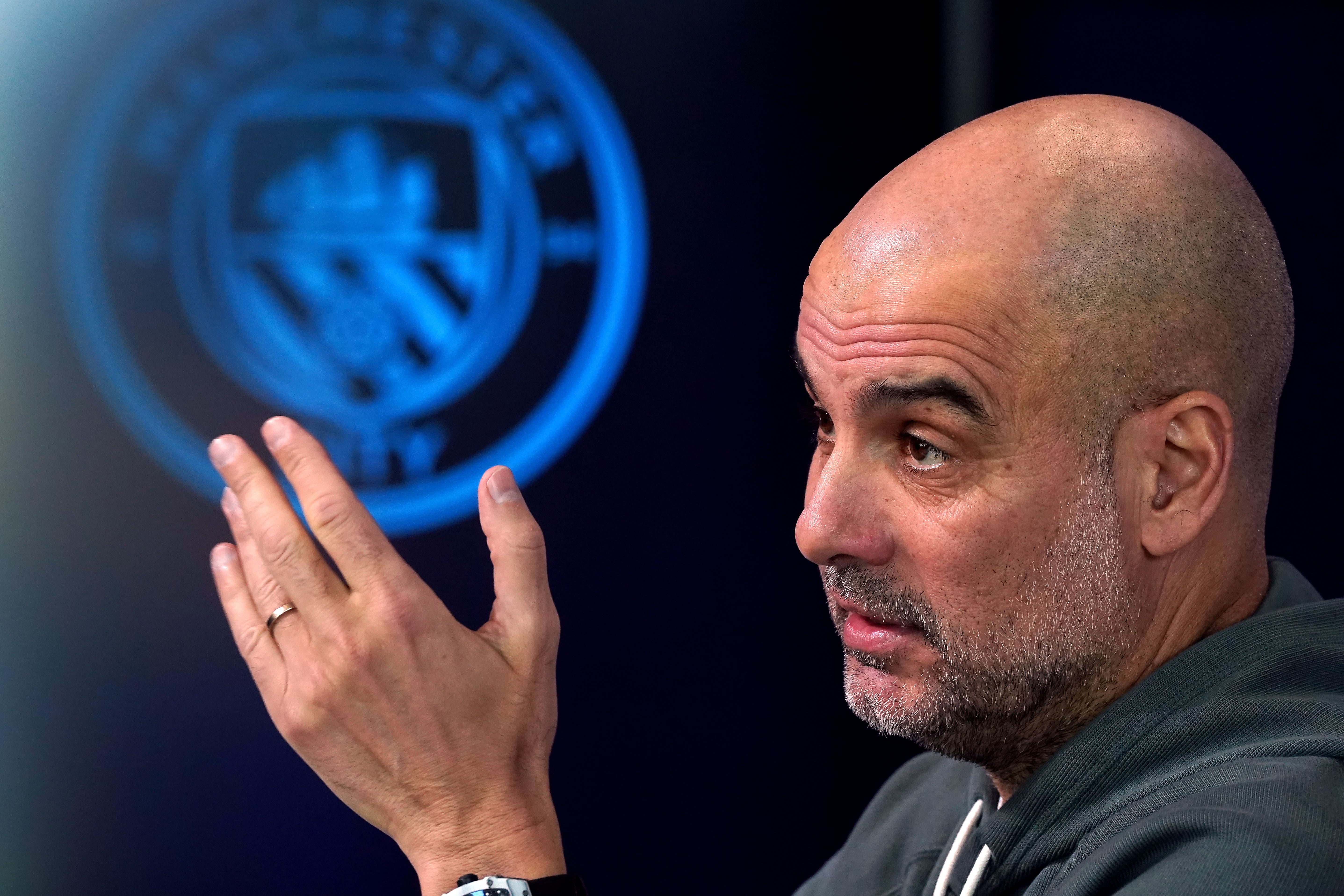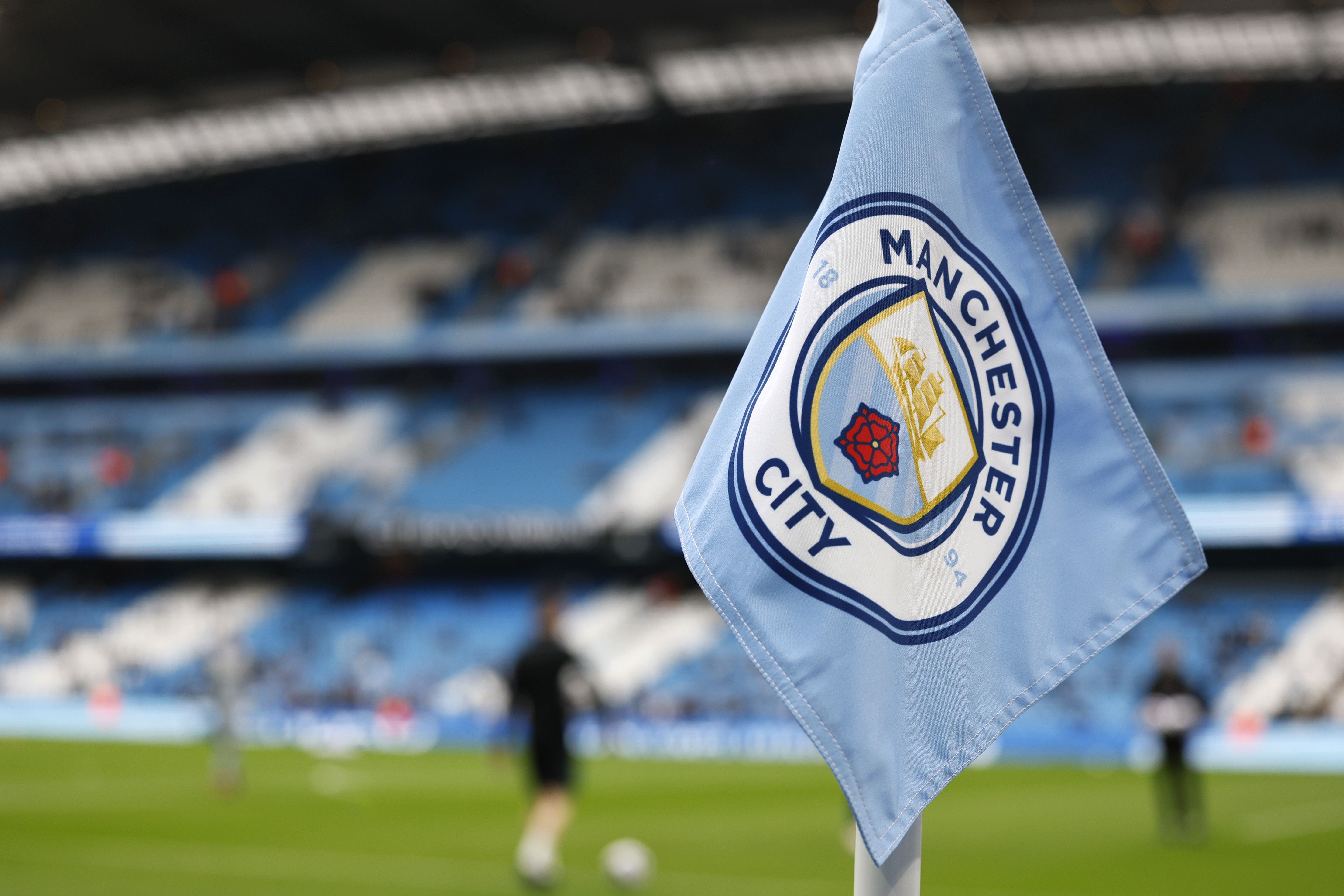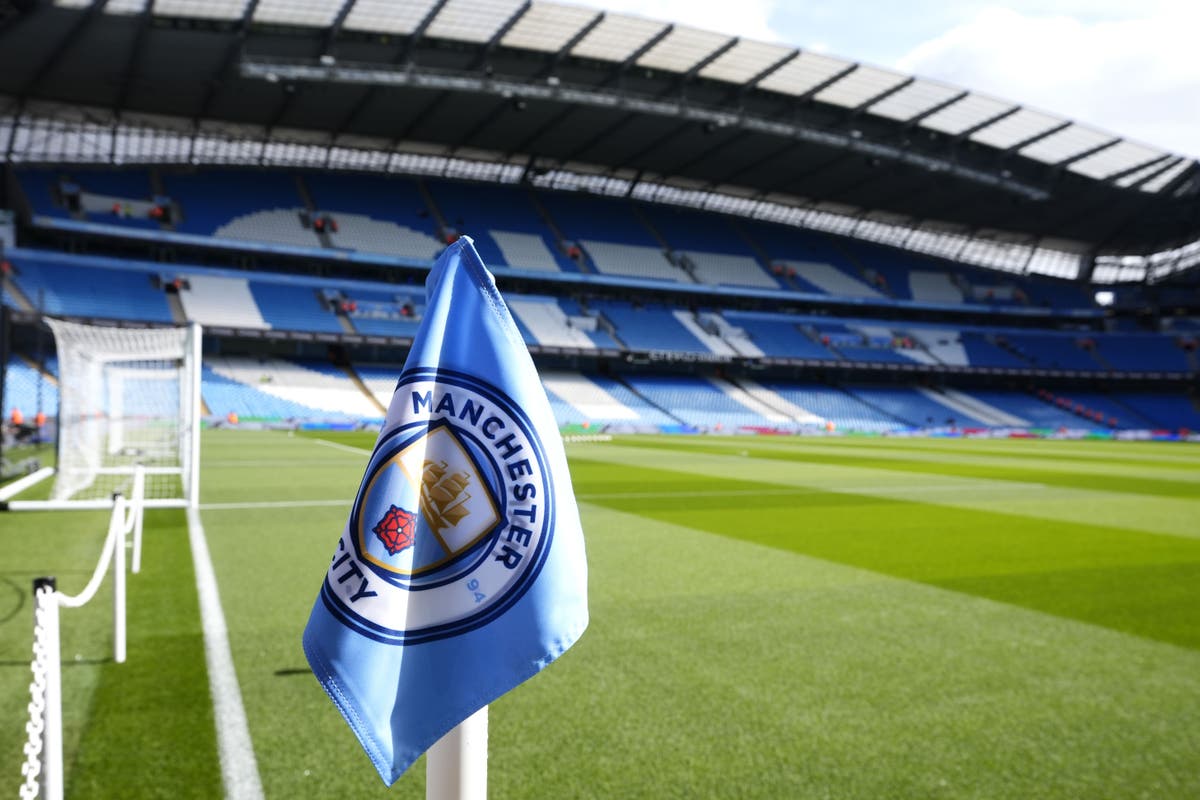Profit and Sustainability Regulations look set to become more punishing for Premier League clubs than ever before.
That is after a judgment on Manchester City’s legal challenge to the Associated Party Transaction [APT] instructed the competition to consider finance costs of shareholder loans in their calculations.
It may lead to major financial reshuffling from clubs, or further changes to rules beyond this ruling. The febrile atmosphere around the case, particularly in the context of the hearing against City, was shown in both the club and the Premier League releasing statements that both strongly claimed victory.
A widespread view in legal circles is that both can justifiably see successes. The basic APT rules system has been broadly upheld under competition law, and the regulations are not viewed as anti-competitive.
One outcome is actually likely to be that they are significantly strengthened. It was this that led the Premier League to state “the tribunal found the Rules are necessary in order for the League’s financial controls to be effective”.
One exemption, where the regulations were described as “unlawful” was how interest-bearing shareholder loans are considered in financial complications. This is an area where there was wider sympathy for City’s arguments, as these could rightly be considered a “subsidy”.
That part of the judgment could have considerable consequences for numerous clubs, and directly make PSR more punishing. As one source said, “half the clubs could now be in breach” if this had been brought in before. Rules are unlikely to have a retroactive effect, though. They will nevertheless have to be rewritten, although there are other potential outcomes. Shareholder loans can be easily converted into equity with no cost at all, and it may lead to other changes to forthcoming squad-cost rules.

To illustrate the issue, if a club went to a bank and asked for £200m, they would be charged considerable interest. If such loans are included in PSR definitions, the Premier League would instruct the interest to be taken into account, as the club would have otherwise benefited from an APT. This could be consequential since interest on these loans will need to come off clubs’ bottom lines when doing their PSR calculations.
Where the judgment is potentially most politically and financially difficult for the Premier League is how City won their arguments on where the burden of proof lies in order to establish fair market value [FMV] on sponsorship deals. This was the planned amendment that was voted through after the Newcastle United takeover by Saudi Arabia’s Public Investment Fund in October 2021, and has essentially been struck down.
There is similarly a view it was unfair to put the responsibility on clubs, but where it may be more significant is the prospect of City claiming damages on how a prospective deal with Etihad – the Abu Dhabi state airline – was met with resistance. Some club executives are said to want answers from chief executive Richard Masters on this point, and how the legal argument around this went.

There may also be a temporary grey area that allows big sponsorship deals to be done, although the Premier League was keen to point out the regulations remain in place, as does the structure involving an independent assessor.
Some executives believe these are short-term victories for City but that the judgment might be better for the wider system in the long term. The judgement made a point of describing the APT rules system as “fair” and in-keeping with competition on the whole, with the corresponding likelihood that they will now be tightened and strengthened.
This is where the Premier League feel they won “the big points,” as one source told the Independent. The judgment is even seen by lawyers as providing legal arguments for the future and strengthening the Premier League’s hand in any existential competition law threat to the system.
Along the same lines, many of City’s challenges and allegations failed, especially those about “tyranny of the majority” and the claims of discrimination against clubs owned by Gulf entities.

The judgment was also interesting as regards the Premier League’s internal politics, since City called witnesses from Newcastle United, Chelsea and Everton.
The outcome is unlikely to have any real influence on the longer-term City hearing, other than the view that it has allowed lawyers to “size each other up”. That is ultimately related to different allegations, and an instructive outcome here was that the club failed to show the essential premise that the rules were unfair.
With the Premier League facing an existential threat from the outcome of the City hearing in 2025, it continues to show how football is now being fought in courts as much on the pitch.

